The Logistics of Showing Up

2023-2024 Precious Blood Volunteer, Anna Nowalk
Anna Nowalk, Precious Blood Volunteer
When I heard that the general stipend for Precious Blood Volunteers was $250 per month, plus an additional food stipend, I was confident in my ability to spend within that budget. Sure, my coffee beans might get a little pricey, but my food and housing were already covered, so really, what else was there?
In my volunteer covenant, I wrote that I would not spend over the provided amount, figuring it was a fairly low bar. What I didn’t sufficiently consider was the cost of travel: a single round trip to see my family at Thanksgiving was over my monthly budget. My parents have kindly agreed to sponsor my holiday flights to Pittsburgh, but without being able to rely on their resources or my own sav- ings, seeing my family during the holidays would be in a far more precarious position.
Transportation may not be considered a “need” like food, water, shelter, or air, but I’ve gained an increased understanding of its importance during my time as a Volunteer. This is the first time that I’ve lived far enough from home that a plane ride is my only real travel option. I actually purchased multiple tickets within the same month in an attempt to avoid the higher prices I (correctly) feared I’d come across if I waited. However, I recognize that not everyone has the means to drop hundreds of dollars at once on multiple flights, especially if they’re living paycheck-to-pay-check. I’m privileged enough that attempting to live on a Volunteer stipend can be an experiment, rather than a necessity; on solely a Volunteer budget, it’s possible that price increases may have continuously put a trip out of my reach, even if I eventually saved enough to have purchased the original flights together.
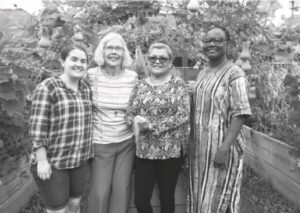
Anna Nowalk, far left, at PBMR with Sr. Carolyn Hoying, Diana Rubio and Sr. Pauline Siesegh
The cost of long-distance travel and the way it can impact the time we spend with our loved ones isn’t the only realization I’ve had. I didn’t bring a car with me when I moved, and after having attended a university in New York City for four years, I frankly don’t trust my driving skills enough to get on the road. As such, I have to rely on one of my housemates for a ride to and from Precious Blood Ministry of Reconciliation (PBMR), my Volunteer placement, putting me at the mercy of their schedules. When I get home late, it’s often because I’m being driven home by someone who is transporting participants. Sometimes this takes five minutes; sometimes it takes 30. Taking people home is a time-consuming task.
When this means getting home at 7:30 pm, the loss of personal time can be frustrating. And yet, a person’s ability to simply get to PBMR is the foundation upon which many of our activities rest. Participants can’t participate in certain activities without being at the locations in which they’re happening.
The importance of location extends beyond mere logistics. PBMR strives to create a safe space for participants, a place where community members can feel at peace and at home. Even in the pandemic, the organization continued to provide in-person services.
The center on S. Elizabeth Street and The Front Porch nearby are spaces where community can grow. Togetherness in physical space underlies one of our core values: radical hospitality. When I think of radical hospitality, I imagine people welcoming others into a space. When I think of accompaniment, I visualize a person walking alongside someone else. These tenets of PBMR conjure images of care made tangible by the presence of a loving person. The phrase “ministry of presence” is an apt way to describe what PBMR aims to provide: relationship comes before programming. We’re here for people. We show up.
Transportation determines our interactions with space, and consequently, with our work and with others. The availability of safe, convenient and affordable transportation shapes whether we can hug the people we love, as well as our access a safe space, whether we desire to find healing there ourselves or want to accompany others. Transportation governs our ability to literally show up.
There’s a strong argument to be made that sometimes, the destination is more important than the journey, especially when the destination is a place like PBMR and the journey is an hour-long bus ride. Nevertheless, arrival at the destination cannot happen without an accessible and functional mode of transportation. While it may not be a “need” in the proper sense, it is certainly a necessity.
Anna is serving as a Precious Blood Volunteer at Precious Blood Ministry of Reconciliation in Chicago, Illinois. Go to preciousbloodvolunteers.org to learn more about Precious Blood Volunteers.

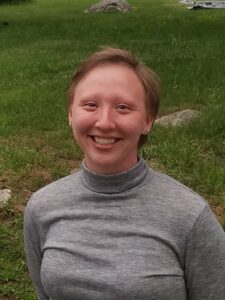
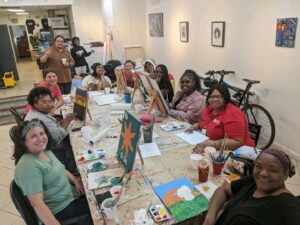
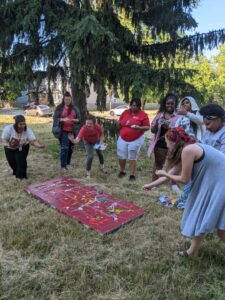 Our Zumba instructor friend talked about how important it is to find one’s joy and hold onto it. She spoke about being a Black woman, going through the process of identifying and processing trauma, and how much of a toll that has taken on her mental, physical, emotional and spiritual health. Dance brought her back into her body and allowed her to express herself in music and movement. Even in those toughest times, it was her joy.
Our Zumba instructor friend talked about how important it is to find one’s joy and hold onto it. She spoke about being a Black woman, going through the process of identifying and processing trauma, and how much of a toll that has taken on her mental, physical, emotional and spiritual health. Dance brought her back into her body and allowed her to express herself in music and movement. Even in those toughest times, it was her joy.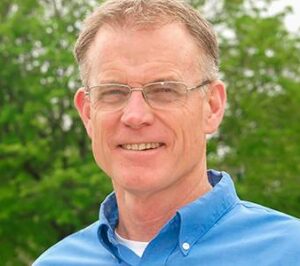 It was a Saturday afternoon and I just finished doing some lawn work around pbmr. As I was walking from the Center to the Mother Brunner Home, I noticed Michael sitting alone on one of the benches near the basketball court. His phone was by his side, book bag on the floor, and head buried in his hands. I could sense that something was bothering him and, so, I walked over to see if he was ok.
It was a Saturday afternoon and I just finished doing some lawn work around pbmr. As I was walking from the Center to the Mother Brunner Home, I noticed Michael sitting alone on one of the benches near the basketball court. His phone was by his side, book bag on the floor, and head buried in his hands. I could sense that something was bothering him and, so, I walked over to see if he was ok.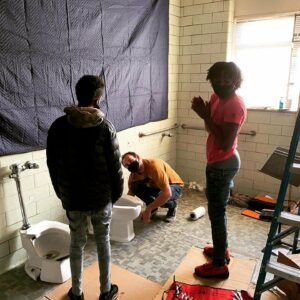
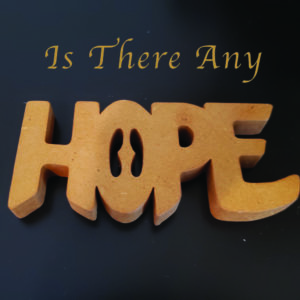 The other day, after the murder of two of our youth, the realization that a dedicated pbmr donor is critically ill with brain cancer, several center break-ins, and violent outbursts among participants, I asked Fr. Dave Kelly, “Is there any hope?” In his gentle way, he reminded me of our mission of being agents of hospitality, hope, and healing and allowing the chaos of our ministry to transform us.
The other day, after the murder of two of our youth, the realization that a dedicated pbmr donor is critically ill with brain cancer, several center break-ins, and violent outbursts among participants, I asked Fr. Dave Kelly, “Is there any hope?” In his gentle way, he reminded me of our mission of being agents of hospitality, hope, and healing and allowing the chaos of our ministry to transform us.